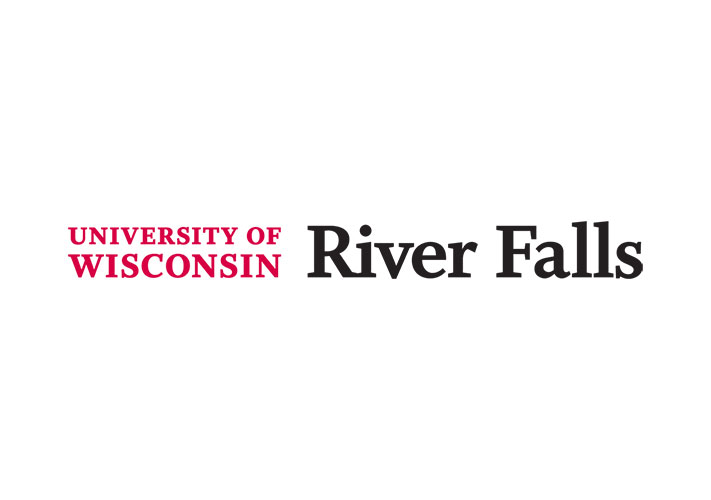Overview
The class you are taking is profoundly interdisciplinary, bringing together knowledge from all parts of your life. By the end of this course, you will see many connections between literary studies, environmental ethics, social justice, and civic engagement.
The concept of environmental justice—that nature is not only found in “wilderness,” but also in the places where we live, work, and play—revises our understanding of environmentalism to include both National Parks and nuclear waste sites, wild and scenic rivers as well as mega-dams and levees, industrialized food production and human health, automobiles and indigenous rights. Environmental justice literature provides narratives of individuals and communities organizing and responding to economic and environmental problems on local, national, and international levels. Its stories and investigations show that environmental issues are deeply connected with issues of globalization, gender, race, and class.
Throughout this course, you will read about issues that join our personal lives with political and economic practices on this continent and around the world. Your definition of “the environment” may never be the same.
































